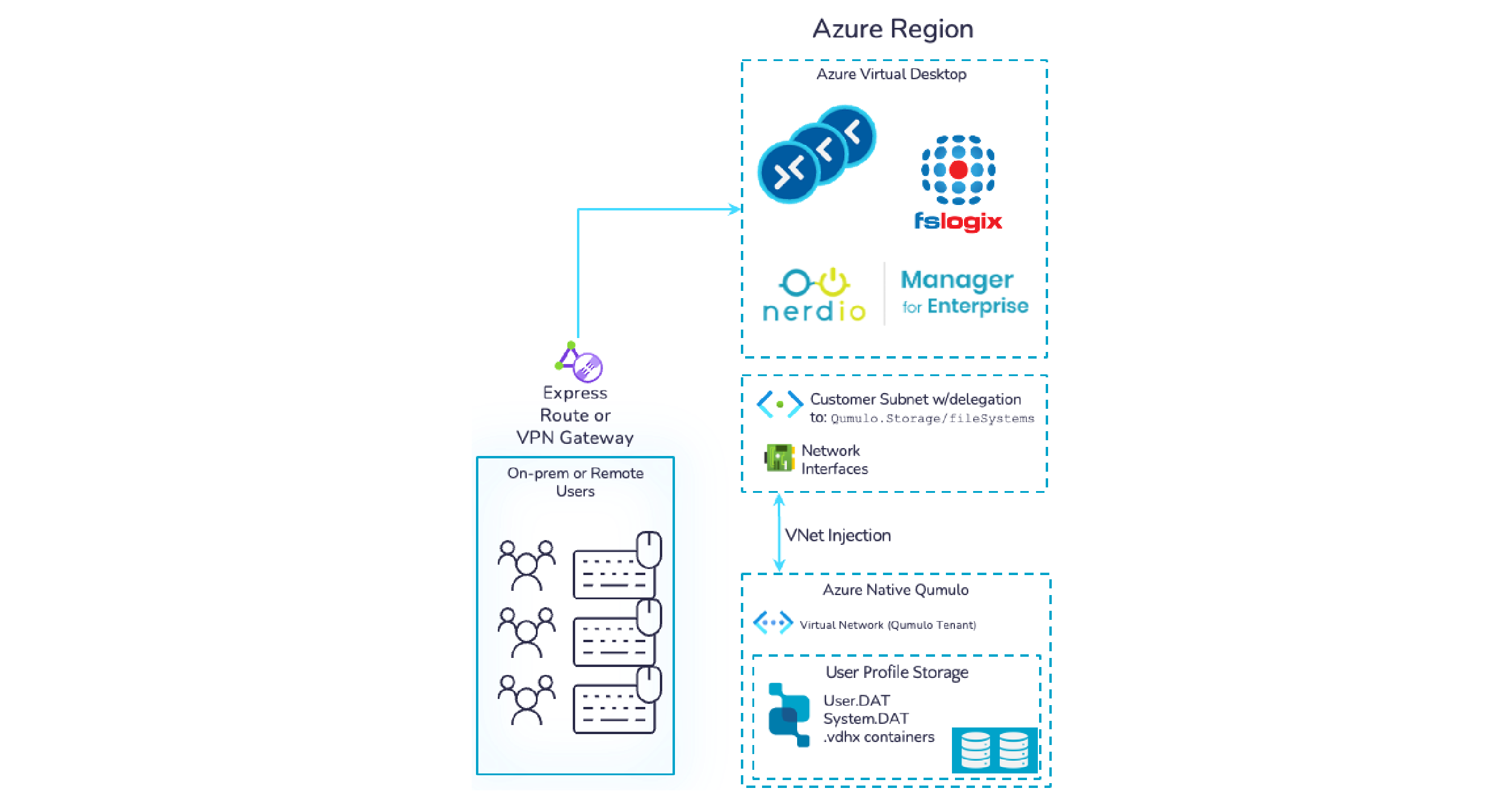Densho, the Japanese American Legacy Project, is a Seattle-based nonprofit organization that collects, produces and preserves the historical accounts of Japanese Americans who were unjustly incarcerated in internment camps during World War II. Almost a decade ago, the organization turned to Qumulo to help capture these accounts before it was too late.
“Thousands of voices hold the stories that can teach us about a dark chapter in American history. At the Densho Project, our focus is on preserving them before they fade away. In the beginning, there were two forces that really shaped Densho. The first was that our community elders were dying. These were people who lived through World War II, and we needed to get their stories. The second was the emergence of new technology that was needed to capture these memories for future generations.”
Tom Ikeda, Executive Director at Densho
The materials Densho has captured range from digitized photos and documents to audio and video interviews. The organization has a production staff of 10 who work with the collection on a daily basis, as well as remote archivists who help to grow it. Access to all of the materials Densho collects is free to the public.
Over 410,000 digitized photo and document images and around 1,050 oral history interviews comprise the Densho collection
“We have more than 410,000 digitized photo and document images and around 1,050 oral history interviews that are between 2-3 hours long each,” says Geoff Froh, Deputy Director and Chief Information Officer at Densho. “Qumulo has been critical in helping us do the work we do.”
Outside groups also bring their collections to Densho, and ask the nonprofit to digitize and store them long-term for posterity. This unstructured data includes letters, diaries, scrapbooks, artwork, full copies of community newspapers, home movies, and personal audio recordings. Consequently, “As we ingest all the data, it’s a huge digital repository challenge for us,” says Froh.
The challenge became even more daunting when the legacy storage system Densho was using started to show its age. The complex two-tier storage architecture was expensive, cumbersome, and difficult to manage.
“Having to constantly move things around and spend a lot of time thinking about where the files need to go was not a good use of our time,” notes Froh. Fundamentally, Densho was not suffering from a storage capacity problem, but instead a lack of visibility into its data usage.
It was time to close the history books on its previous system and find a solution that was easier to manage and scale. “As our storage eventually became untrustworthy, we knew it was time to find a more modern solution that would meet our needs,” comments Froh.
Modernizing with Qumulo
The Qumulo File Data Platform delivers fast, flexible and highly scalable storage along with the real-time analytics necessary for Densho to gain visibility into their data storage. Froh notes that Densho trusts the Qumulo system with all of its primary assets. Their employees work directly off of the Qumulo-based cluster to ingest, manage and catalogue digitized historic files. And Qumulo’s support in getting there has been crucial.
Watch this short video to hear Geoff Froh, Deputy Director and CIO of Densho and Qumulo’s first customer, discuss the nonprofit’s vital mission with Qumulo CEO Bill Richter.
“Overall the whole process has been very smooth, and the Qumulo team is fantastic. We provide feedback on performance or management. Thanks to Qumulo’s ‘two week sprint’ software release process, our issues are often taken care of in the next release or two,” says Froh.
Froh has the experience to understand the value of Qumulo Care support. “I’ve bought a lot of very expensive support contracts over the years, but have never really gotten anything useful out of it. With Qumulo Care it’s been a different experience. They’re never trying to sell me something, and I almost feel like the software is growing right along with us,” he explains. “For us, this is really vital—we’re a small organization so it’s critical that I have people to rely on.”
‘Five Minutes a Week at Most’
The benefits of Qumulo’s file data management and storage solution have been substantial for Froh and his team. He reports storage management now requires just “five minutes a week at most” of his time. Even the upgrades haven’t required any downtime.
“With Qumulo, storage is just not on our radar anymore. I’ve got a queue of pending IT issues, and we’re always scrambling to fix things just like anybody else, but storage is just completely off of that list now,” Froh adds.
That is due to Qumulo’s real-time IT operational analytics that enable him to check that Densho’s repository platform is still performing, then quickly move on to managing other IT infrastructure issues.
Interestingly, Qumulo’s analytics weren’t originally a major selling point for Densho. “Honestly I thought it was pretty cool and a ‘nice to have.’ Now I find myself checking the analytics web UI all of the time. Traditional command-line requests to identify file system changes are slow and painful. With Qumulo, the analytics are built directly into the file system giving me visibility into my data and pared down to 99% of exactly what we need to do. Getting a sense of precisely what files are being worked on is really powerful.”
“Qumulo’s real-time analytics are so much faster than native file level calls, and it’s really cool to see all of the different ways to show and leverage that meta-data,” says Froh.
And those time-saving benefits are not lost on Froh, who has enough on his plate without having to worry about data storage. “I’ve got a lot of things in my IT infrastructure that keep me up at night,” he says, “but Qumulo is not one of them.”
Join the Celebration — Densho’s Anniversary Gala: 25 Years of Story
Attend the virtual event! Densho is dedicated to preserving, educating, and sharing the story of the World War II-era incarceration of Japanese Americans in order to deepen understanding of American history and inspire action for equity.
CONTACT QUMULO
Take a test drive in a fully functional Qumulo environment, book a demo. or contact us to arrange a meeting.


